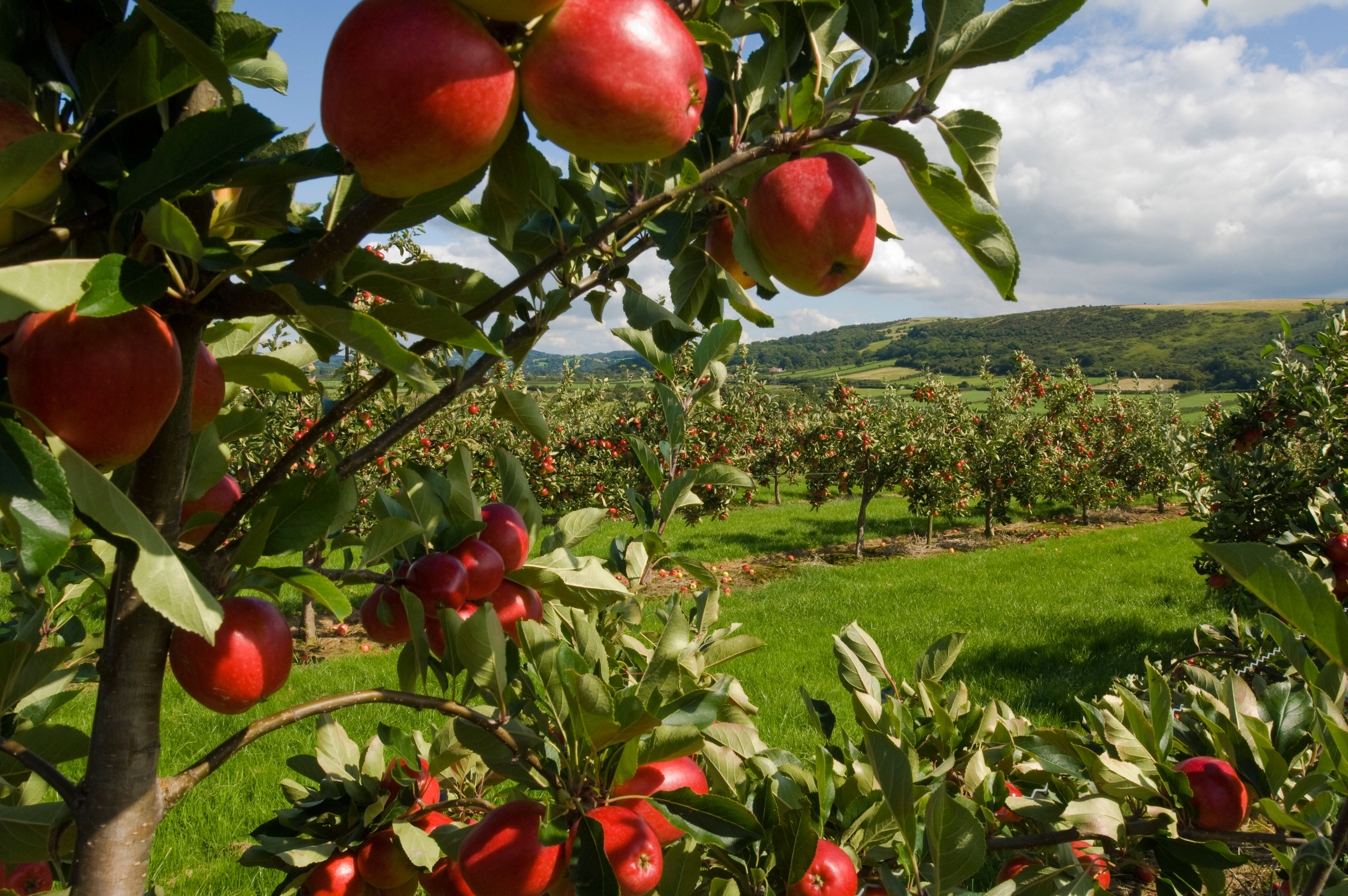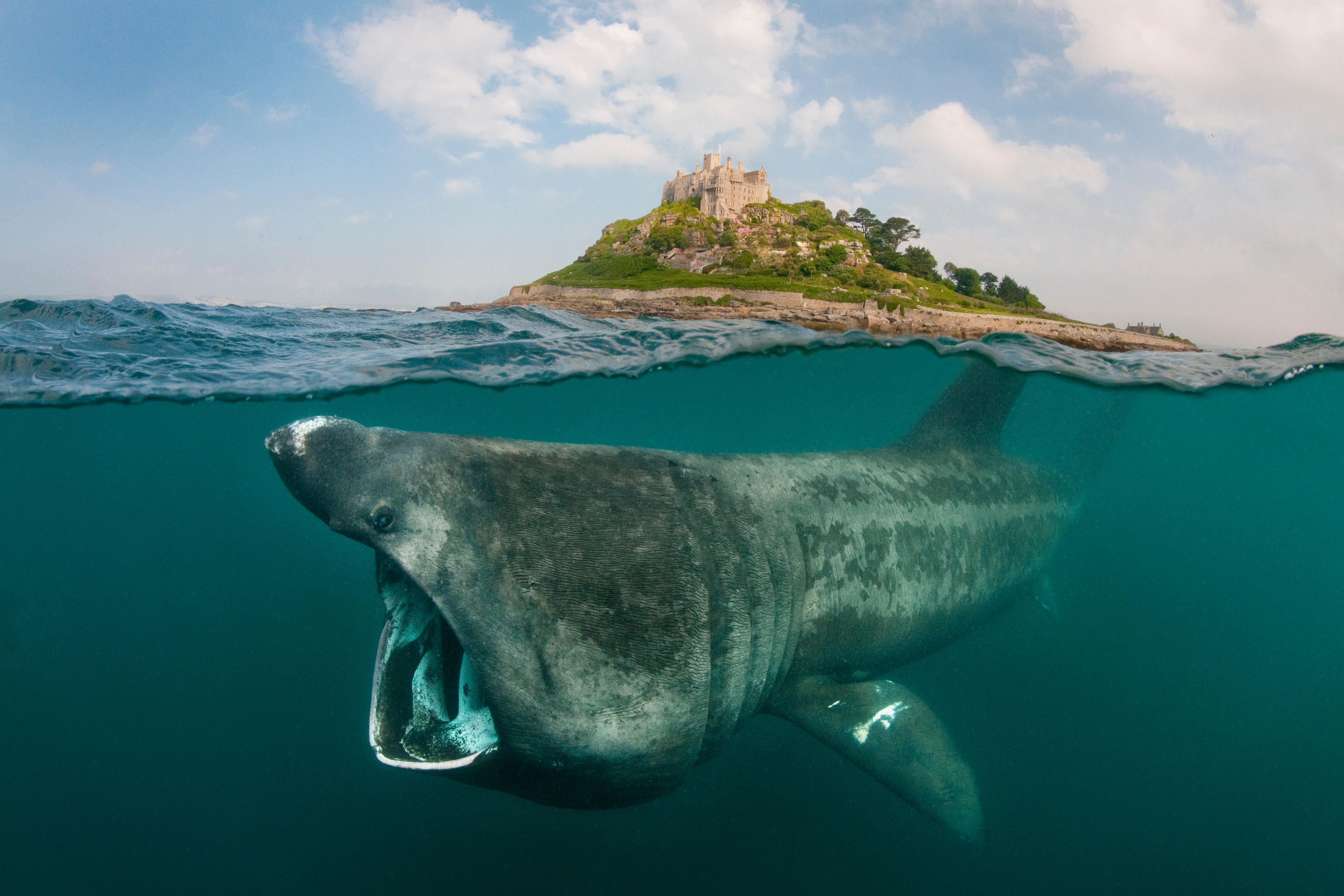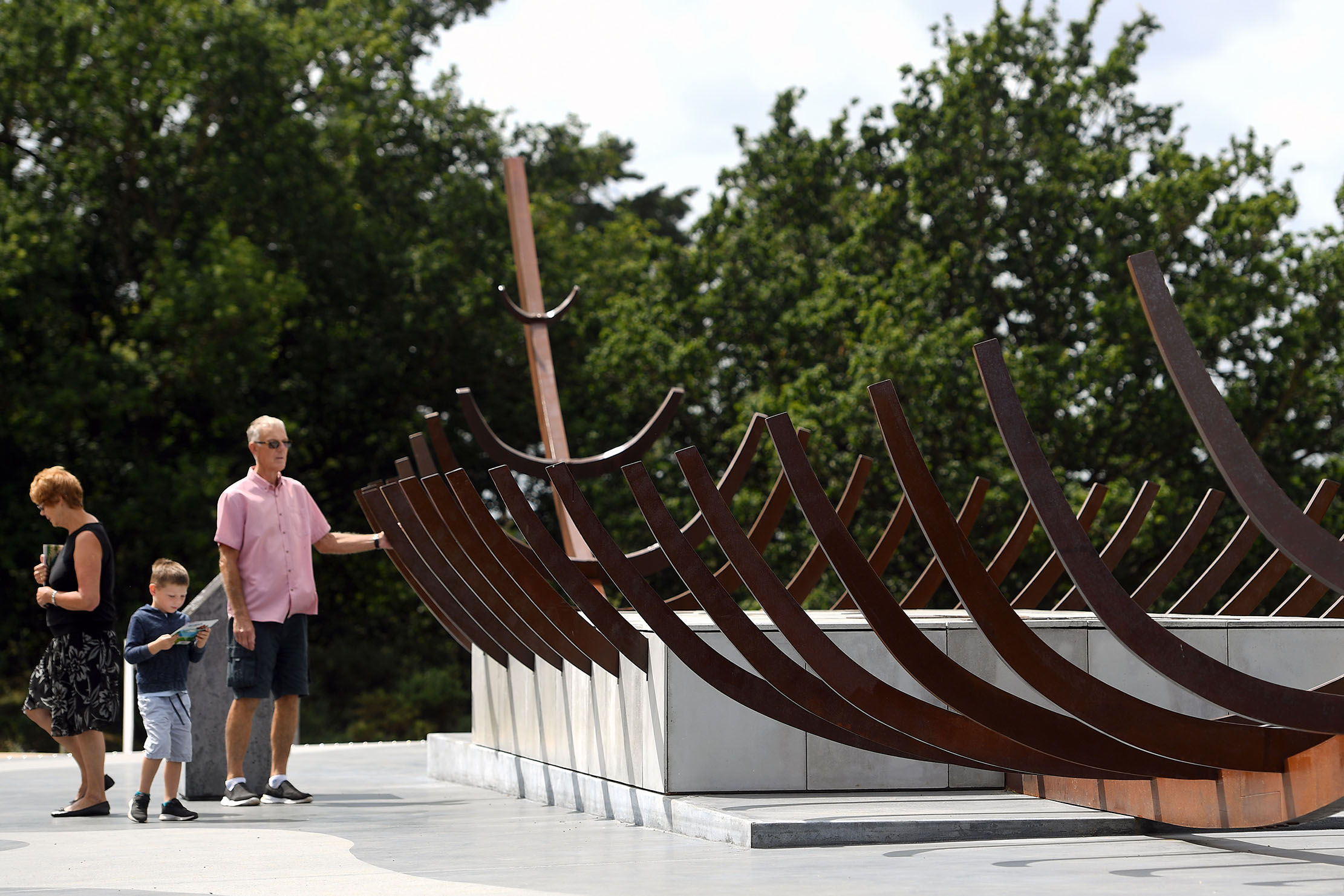Country Life Today: The Spitfire flying round the world, the 'robot nanny' for Britain's sharks and an electronic tongue that tastes whisky
This morning's news round-up brings more worrying news about our food supplies, a touch of science fiction with robots and electronic tongues, and news of a glamorous round-the-world adventure for the world's most glamorous plane.

PICTURE OF THE DAY: The silver Spitfire above took off from Goodwood on Monday afternoon embarking on a round-the-world trip. 400 people were in attendance to wave goodbye to the carefully restored and polished Spitfire, which will be piloted by Matt Jones and Steve Boultbee-Brooks during its four-month circumnavigation.
The 1943 fighter plane will cover 27,000 miles and touch down 100 times in different 30 countries in its unprecedented flight around the world, heading first to Greenland and thereafter westwards through the US, Russia, South East Asia and the Middle East before returning to Sussex. The trip has been masterminded (and funded) by the Boultbee Flight Academy at Goodwood together with IWC Schaffhausen and Aviation Adventures. You can track their progress at www.silverspitfire.com. (Photo by Remy Steiner/Getty Images for IWC).
'Dire shortage' of fruit and vegetables awaits in event of no-deal Brexit

'Britain will face a dire shortage of fresh fruit and vegetables in a disruptive no-deal Brexit,' according to Prof Tim Lang of City University. Writing in The Lancet Prof Lang explained that there will be 'unprecedented levels of disruption to food supply chains' and the public has been kept 'largely in the dark' about the impact.
The worst of the effects will be felt in the winter, when Britain relies heavily on Mediterranean-grown fruit and vegetables. He also suggested that with prices likely to rise sharply, it's those on low incomes who will be worst hit.
The artificial 'tongue' that can tell the difference between fake whisky and the real stuff

With the whisky market having become absurdly inflated in recent years and bottles selling for tens or even hundreds of thousands of pounds, it's no surprise that shady characters have been trying to pass off fakes.
What's more surprising is that their efforts are being trumped not by grizzled experts but instead technology. Scientists at the University of Glasgow have created an electronic tongue that can tell the difference between whiskies with 99% accuracy – even distinguished between different ages of the same dram.
Exquisite houses, the beauty of Nature, and how to get the most from your life, straight to your inbox.
Alasdair Clark, of the University of Glasgow's school of engineering, explains: 'We call this an artificial tongue because it acts similarly to a human tongue — like us, it can't identify the individual chemicals which make coffee taste different to apple juice but it can easily tell the difference between these complex chemical mixtures.'
The underwater robot nanny keeping tabs on Scotland's sharks

Last week we reported on plans to create a basking shark sanctuary in Scotland. This morning's Guardian has more detail about another effort to protect this species, using an underwater robot that keeps tabs on the giant fish.
Sutton Hoo's journey from 'boring heaps of earth' to wow factor experience

Since it opened to visitors in 2001, Sutton Hoo has won a reputation as being, well, crushingly dull. It's a sad fate for arguably the greatest archaeological find in British history, so it's good to see that the National Trust has spent £4m turning it into something that will 'make the hairs tingle on the back of your neck'.
On This Day... Bolivia gains independence from Spain

In 1825, after 16 years of war, the nation we now know as Bolivia gained its independence — and took its name from Simon Bolivar, the man who led the fighting against the Spanish. It's an enduringly fascinating country, as Country Life's Mary Miers found out on a recent trip.
Read more (Country Life's tour of Bolivia)
And finally... Was this really 27 years ago...?
Toby Keel is Country Life's Digital Director, and has been running the website and social media channels since 2016. A former sports journalist, he writes about property, cars, lifestyle, travel, nature.

